Low-Carb vs. Keto: What’s the Difference?
Our nutritionist explains what you should know about low-carb vs. keto.
You might be wondering what the difference is between keto and a low-carb diet. Aren’t they basically the same thing? While low-carb and keto do share many similarities, there are some very distinct differences that you should be aware of when deciding which eating pattern is best for you.
How keto stands out against low carb.
A keto diet is very low in carbohydrates, generally a total of 20-30 grams of carbs a day (sometimes less). While your target macros will vary depending on your calorie goals, carbohydrates are only a tiny fraction of a keto diet. If you track your macro intake, this would be about 5-10% of your calories from carbs.
The keto diet recommends a moderate protein intake at anywhere from 50-100 grams per day, which is roughly 20% of your calories. Finally, fat intake should be the remainder of your calories (around 70-75%, or 90-170 grams of fat per day).

There is some debate in the keto world on exactly how many grams of carbs, fat, and protein are appropriate to achieve ketosis. The ultimate goal of a keto diet is to get your body to burn fat (ketones) for fuel instead of carbs.
Some keto experts prefer protein intake to stay on the lower side of moderate, with only 50-60 grams of protein a day, and others push for a higher fat intake. Total grams of carbs is even debated throughout the keto community, as some plans consider up to 50 grams of carbs a day to be acceptable. People also debate whether you should track total carbs or net carbs.
Despite the ongoing macro debates, your main goal should be to keep your carb intake as low as possible. Aiming for 20-30 grams of carbs a day will most certainly guarantee that you stay in ketosis.
How low-carb living varies from the keto diet.
A low-carb diet allows for a much more liberal carb intake than keto. Technically, any time carb intake is less than 50% of your daily caloric intake, you’re following a low-carb diet. This could be anywhere from 150-250 grams of carbs a day, depending on your calorie intake. If you’re consuming that many carbs, you definitely will not be in ketosis.
A more universally acceptable definition of a low-carb diet is to keep your carbs under 100 grams a day. While eating 100 grams of carbs per day is not likely to result in ketosis, many people find this to be a more achievable and sustainable goal than the much lower carb intake recommended for keto. At 100 carbs per day, you can still obtain some health benefits like weight loss and improved blood sugar control.
If you’re new to keto, you might want to start out with the goal of keeping your carbs under 100 grams per day and then work your way down to a moderate intake of around 50-75 grams of carbs per day. Once you’re comfortable at that level, try to further reduce your carb intake to the recommended keto limit of 20-30 grams of carbs a day.
Whether you choose to follow a liberal or moderate low-carb vs. keto diet, keep in mind that the quality of your carbs does matter. You still want to try to eat in a way that keeps your blood sugars as stable as possible. Always choose complex carbs like vegetables, berries, legumes, and nuts for your carbs. You’re not doing yourself any good if your 100 grams of carbs come from sources like white bread, cereal, and cake.
Low-carb vs. keto: Which is best for you?
The ultimate goal of following a low-carb or keto diet is to improve your health. The eating pattern you choose to follow needs to work for you and your lifestyle over the long term. Remember that health is not achieved through quick fixes, so choose the approach that works for you, stick with it, and enjoy the journey as you work toward your goals!
Do you follow a keto diet or more of a low-carb approach? Let us know in the comments below. We’d love to hear what works best for you!
Our keto nutritionist shares what she eats in a typical day…

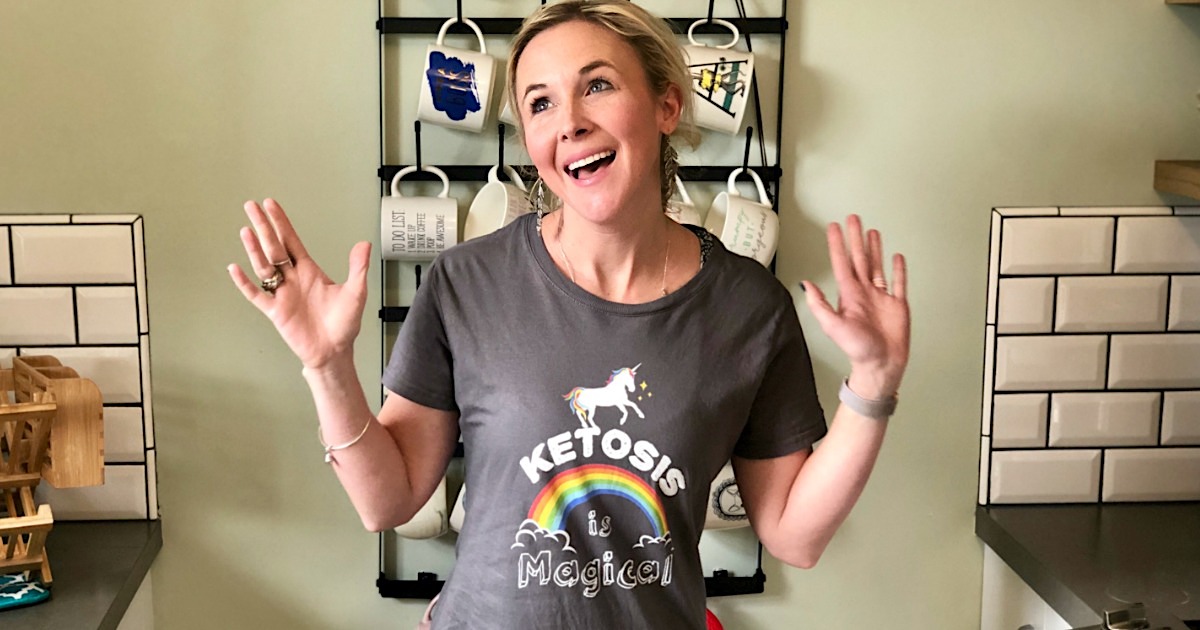

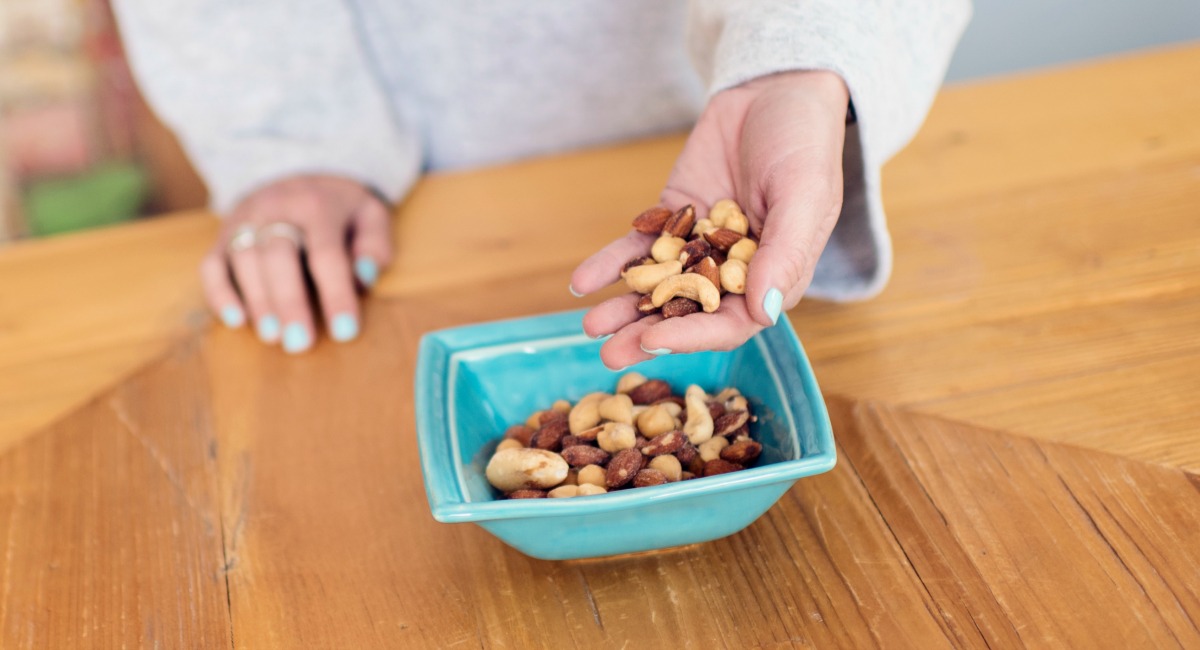
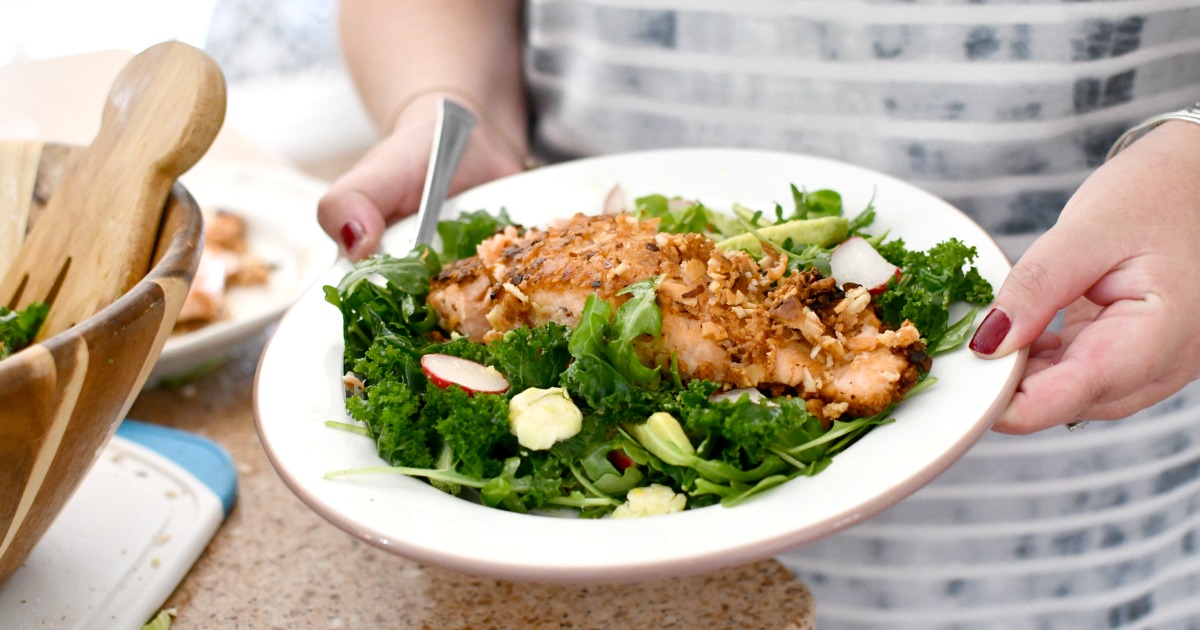



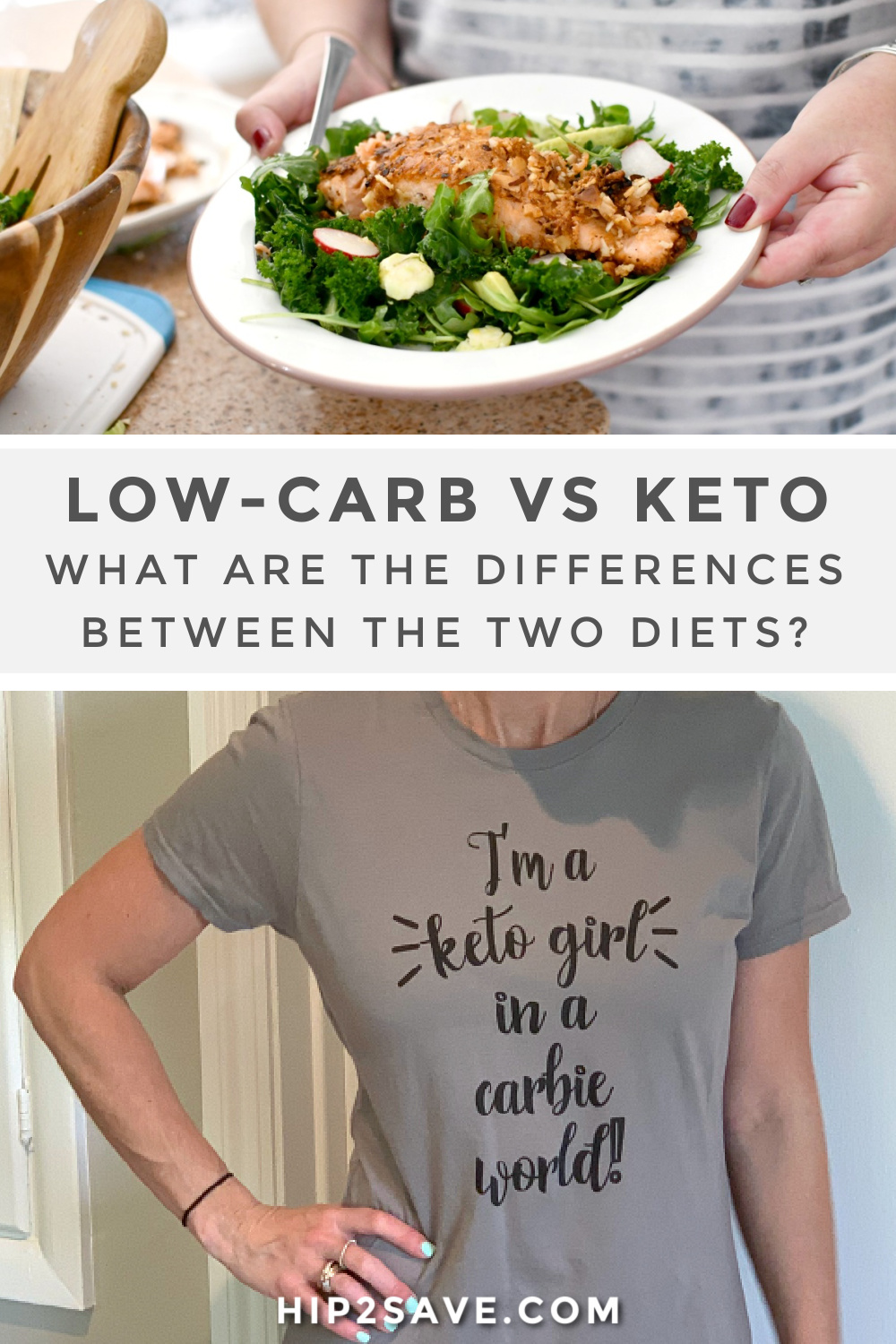
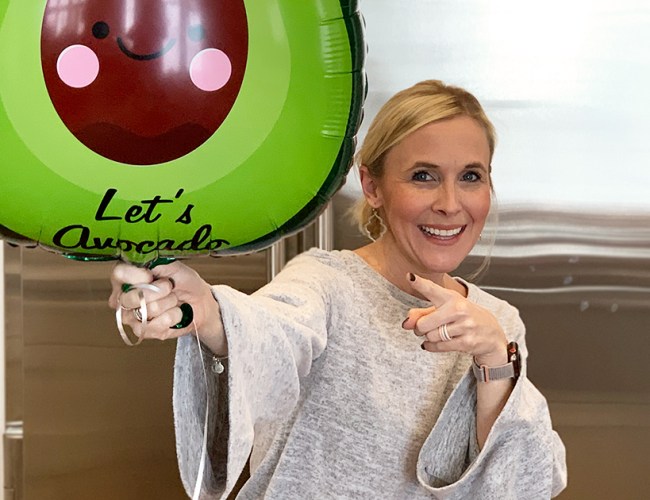
Comments 0